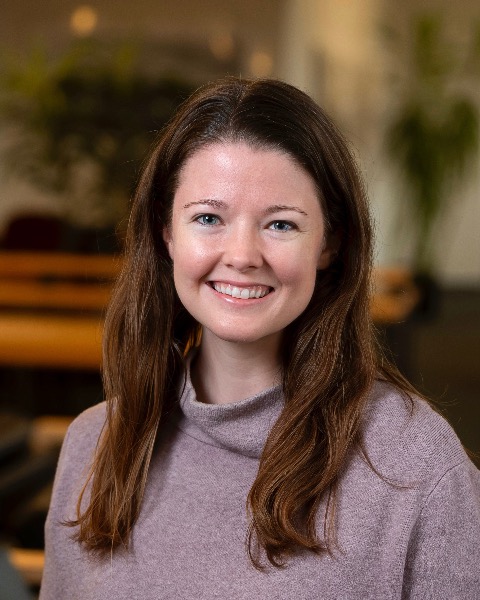Health Services Research Works in Progress
Session: Health Services Research Works in Progress
WIP 88 - Implementation Experiences, Attitudes, and Perceived Outcomes of a Community Health Worker (CHW)-Delivered Intervention for Medically and Socially Complex Families in Baltimore, Maryland
Saturday, April 26, 2025
2:30pm - 4:45pm HST
Publication Number: WIP 88.7655
Shannon Fuller, Johns Hopkins Bloomberg School of Public Health, Baltimore, MD, United States; Julia Wang, Johns Hopkins University School of Medicine, Baltimore, MD, United States; Brenda Pennant, Johns Hopkins University, Baltimore, MD, United States; Tiffany Scott, Scott Consulting Firm, Havre de Grace, MD, United States; Muriel A. Rogers, Hopkins Community Connections, Baltimore, MD, United States; Shruthi Bannur, Boston University School of Medicine, iowa city, IA, United States; Brandon M.. Smith, Johns Hopkins University School of Medicine, BALTIMORE, MD, United States; Nakiya Showell, Johns Hopkins University School of Medicine, Baltimore, MD, United States; Chidinma A. Ibe, Johns Hopkins University School of Medicine, Baltimore, MD, United States

Shannon Fuller, PhD(c), MS (she/her/hers)
Graduate Student
Johns Hopkins Bloomberg School of Public Health
Baltimore, Maryland, United States
WIP Poster Presenter(s)
Background: Care delivery models that integrate community health workers (CHWs) can mitigate adverse social determinants of health. Evaluations of CHW-delivered services tend to focus on outcomes at the individual patient level. Using community-engaged methods, our team developed a CHW-delivered intervention in a safety-net clinic to support pediatric patients and caregivers. This qualitative study addresses two major gaps in the literature: 1) understanding how CHWs can support families as a unit, and 2) clarifying strategies to implement a family-based, CHW-delivered intervention in pediatric primary care.
Objective: Describe the implementation lessons learned and multi-level perceived outcomes of a CHW-delivered intervention to support medically and socially complex families in pediatric care.
Design/Methods: The Johns Hopkins Medicine IRB approved all procedures. We enrolled 26 dyads (patient and primary caregiver) at a pediatric clinic in Baltimore, MD in a 6-month study. Eligible dyads included children ages 8-17 reporting at least one social need and one medical condition. This analysis reports on 20 qualitative interviews. We conducted in-depth, semi-structured interviews with a purposive sample of 10 caregivers and 10 key informants (clinicians, staff, CHWs, and program leaders) in Spring 2024 to understand implementation barriers and facilitators, attitudes about the intervention, and multi-level perceived outcomes for patients, families, providers, and the health system. Interviews were recorded and transcribed. We developed a codebook abductively, combining inductive and deductive inquiry based on constructs from the Consolidated Framework for Implementation Research and the Theoretical Domains Framework. Coding is in progress to complete by January 2025. Each interview is coded by two analysts. Coding is supplemented by analytic memo writing to facilitate thematic analysis. Findings can inform the implementation of similar interventions in other pediatric care settings and add to the evidence base on the impact of CHW-delivered services for families and health systems.

